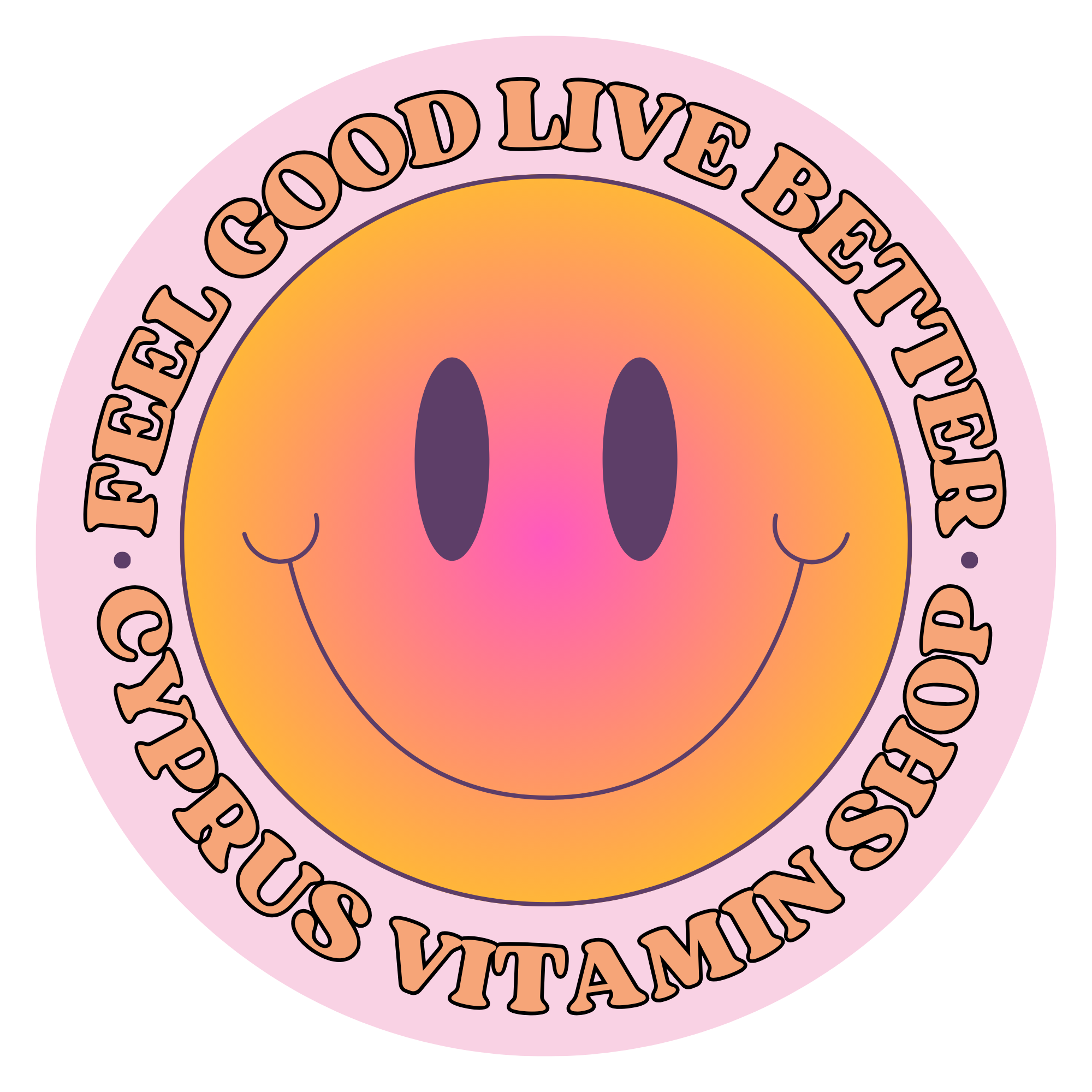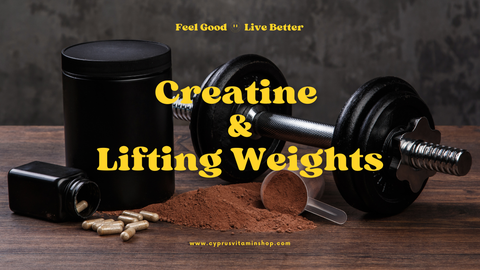If you're into weightlifting or just starting out, you've probably heard of creatine. It's one of the most popular and researched supplements out there, known for boosting strength and muscle growth. But what exactly does creatine do to your body when you're lifting weights? Let’s break it down.
What Is Creatine?
Creatine is a naturally occurring substance found in foods like red meat and fish. Your body also makes it from amino acids, with about 95% of it stored in your muscles. When you take creatine as a supplement, it increases the amount of phosphocreatine in your muscles, which is crucial for producing energy during short, intense bursts of exercise like weightlifting.
How Creatine Helps Your Workouts
1. Boosts Energy for Better Performance
When you’re lifting weights, your muscles need quick energy, which comes from ATP (adenosine triphosphate). Creatine helps replenish ATP faster, allowing you to lift heavier weights or squeeze out a few more reps. This can lead to better performance and faster progress in the gym .
2. Promotes Muscle Growth
Creatine not only helps you lift more, but it also supports muscle growth in a few ways:
-
More Training Volume: By boosting your strength, creatine lets you increase the intensity of your workouts, which is key for building muscle.
-
Muscle Cell Hydration: Creatine pulls water into your muscle cells, making them look fuller and potentially triggering muscle growth pathways.
-
Hormone Boost: Some studies suggest that creatine can increase levels of IGF-1, a hormone that plays a big role in muscle growth .
3. Speeds Up Recovery
Creatine may also help reduce muscle damage and inflammation after intense workouts, speeding up your recovery time. This means you can hit the gym more often without feeling as sore, which can lead to better gains over time .
4. Improves Mental Focus
While creatine is best known for its physical benefits, it also supports brain health. Your brain uses a lot of energy, especially during intense focus or mental tasks. Creatine has been shown to improve cognitive function, which can help you stay sharp and focused during your workouts .
Is Creatine Safe?
Creatine is generally safe for most people when taken as recommended. Here are a few things to keep in mind:
-
Water Retention: Creatine can cause your muscles to hold onto water, leading to a slight increase in body weight. This is mostly water weight, not fat, and is usually seen as a positive effect for muscle growth.
-
Stomach Issues: Some people might experience stomach discomfort if they take too much creatine at once. To avoid this, try splitting your dose throughout the day and make sure to drink plenty of water.
-
Kidney Concerns: There have been worries about creatine affecting kidney function, but studies show it's safe for healthy individuals at recommended doses. If you have pre-existing kidney issues, consult your doctor before starting creatine .
How to Use Creatine
To get the most out of creatine, start with a loading phase of 20 grams per day (split into 4 doses) for the first 5-7 days. After that, a daily maintenance dose of 3-5 grams will keep your muscles saturated. If you want to avoid the loading phase, you can start with 3-5 grams per day, but it will take a bit longer to see full benefits.
The Bottom Line
Creatine is a powerful supplement that can help you lift heavier, build more muscle, recover faster, and even stay mentally sharp. It’s one of the most well-researched supplements out there, making it a great addition to your fitness routine.
References:
- Kreider, R. B., et al. (2017). "International Society of Sports Nutrition position stand: safety and efficacy of creatine supplementation." Journal of the International Society of Sports Nutrition.
- Gualano, B., et al. (2016). "Creatine supplementation in the aging population: effects on skeletal muscle, bone, and brain." Journal of the International Society of Sports Nutrition.
- Hultman, E., et al. (1996). "Muscle creatine loading in men." Journal of Applied Physiology.
- Rawson, E. S., & Volek, J. S. (2003). "Effects of creatine supplementation and resistance training on muscle strength and weightlifting performance." Journal of Strength and Conditioning Research.
- Rae, C., et al. (2003). "Oral creatine monohydrate supplementation improves brain performance: a double-blind, placebo-controlled trial." Psychopharmacology.




